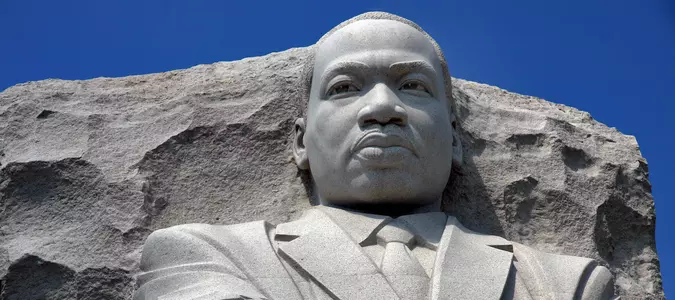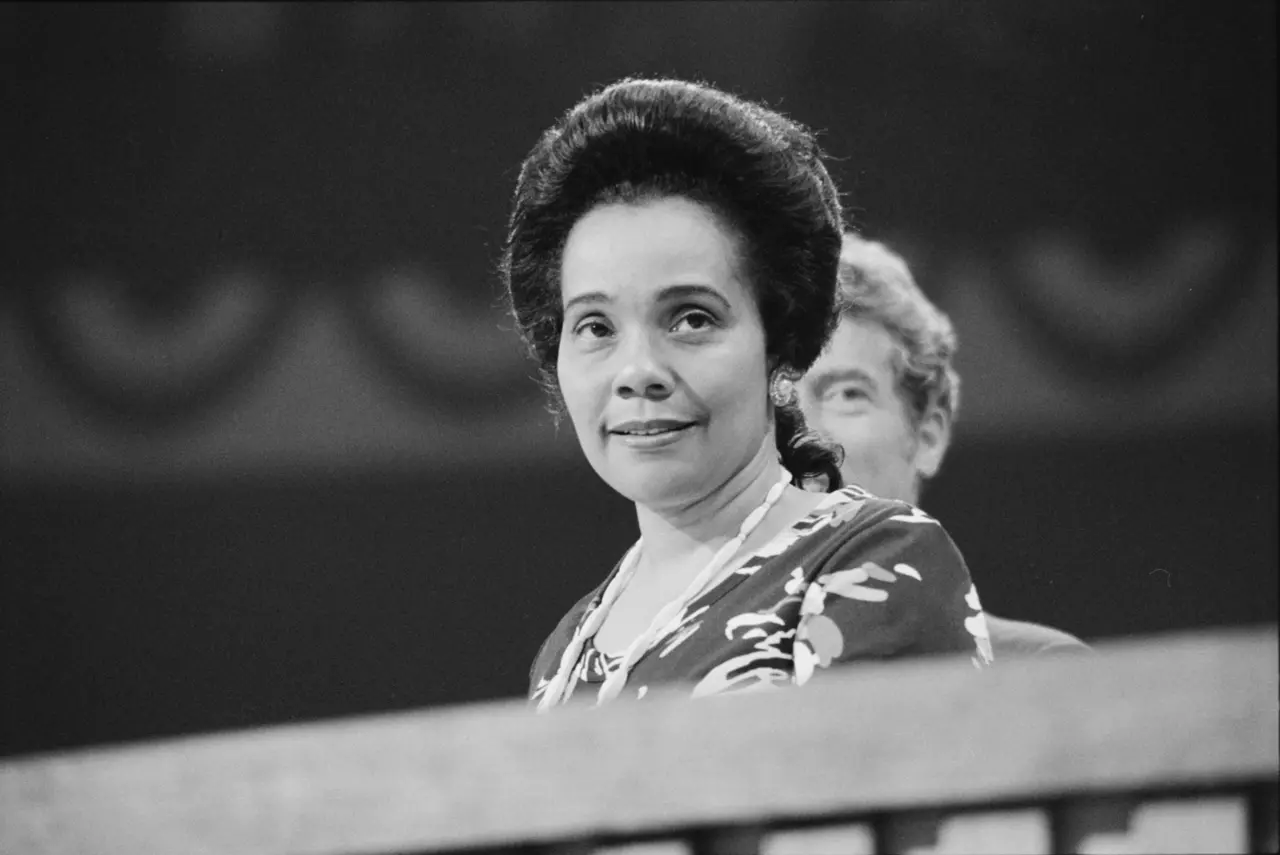

Black History Spotlight: Coretta Scott King
Coretta Scott King devoted her life to creating significant social change. While married to Rev. Dr. Martin Luther King Jr., she balanced the responsibilities of being a mother and pastor’s wife with her work within the Civil Rights Movement.
Continue on for a brief look at the life of Coretta Scott King.
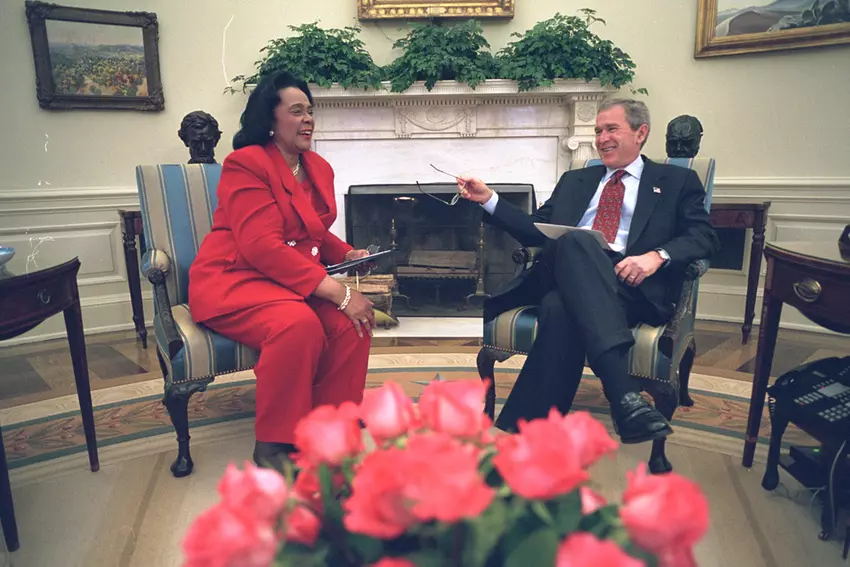
Coretta Scott King was born and raised in Marion, Alabama where she graduated as the valedictorian of her high school class. King went on to earn a B.A. in music and education from Antioch College in Yellow Springs, Ohio.
Photography: The King Center
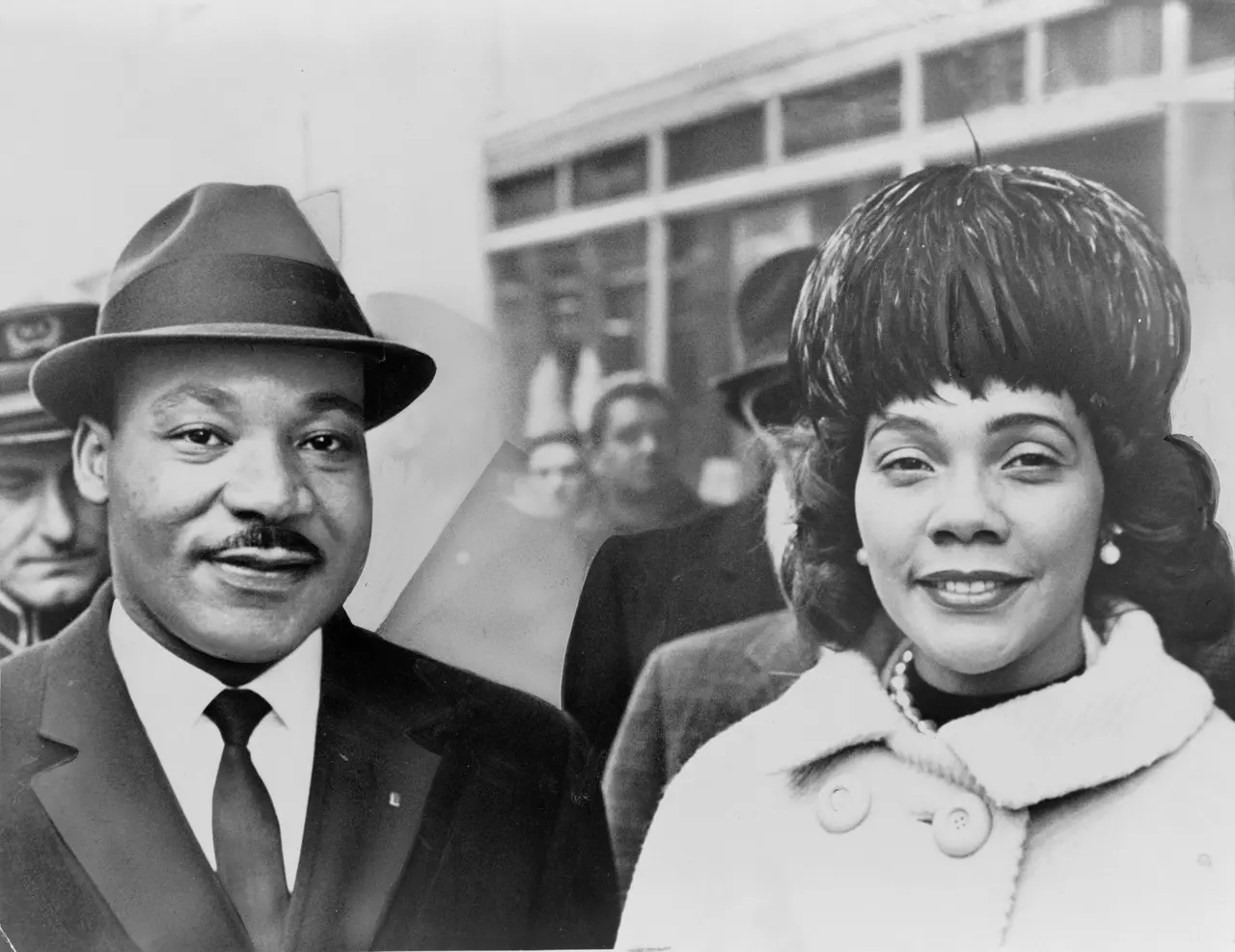
While studying concert singing at the New England Conservatory of Music, Coretta met Dr. King who was still earning his doctorate in systematic theology at Boston University. The couple got married, then moved to Montgomery, Alabama in 1954.
Photography: The King Center
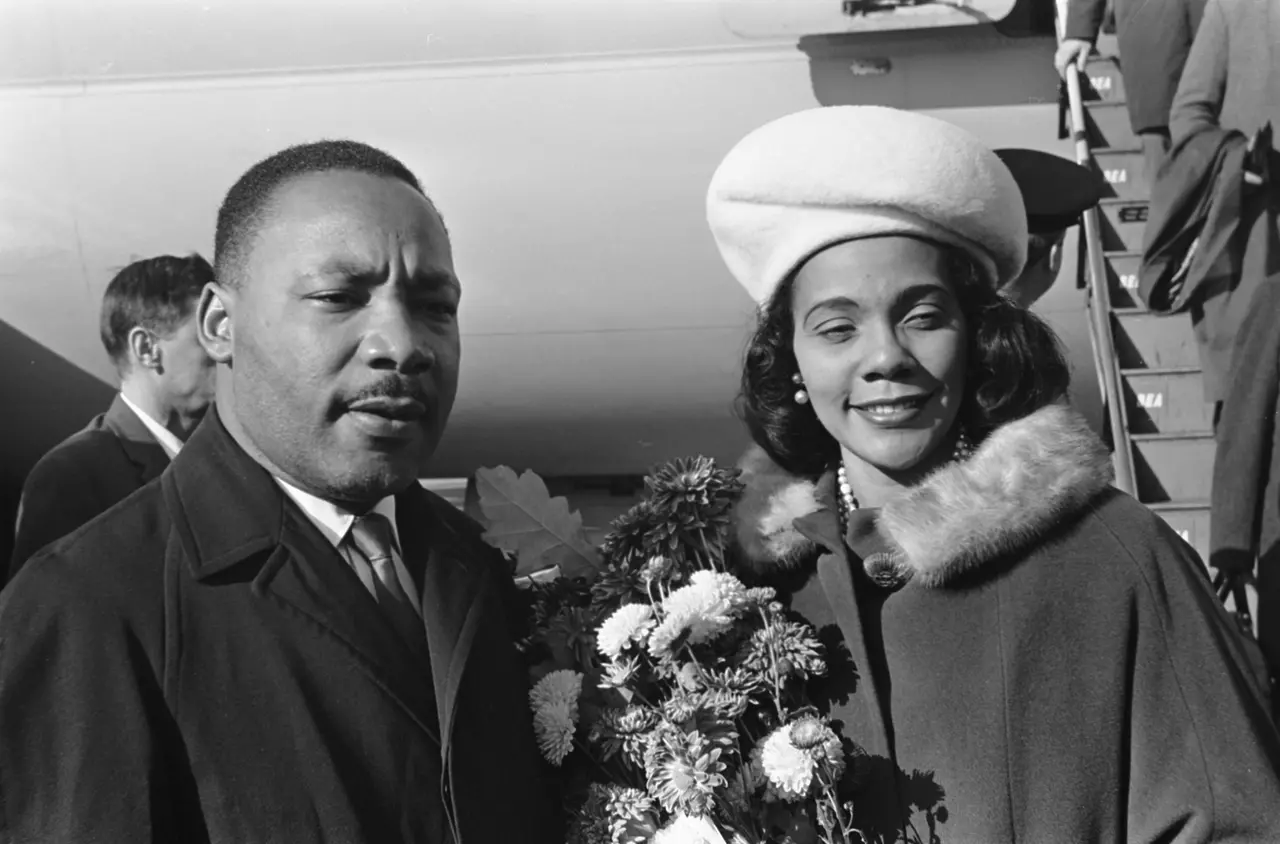
Dr. And Mrs. King had four children — Yolanda, Martin, Dexter and Bernice. Mrs. King devoted most of her time to raising the children but was also very active within the Civil Rights Movement. She was a successful fundraiser, especially for the Southern Leadership Conference. Mrs. King’s “Freedom Concerts” were events that featured poetry, music and lectures that educated people on the Movement.
Photography: Library of Congress
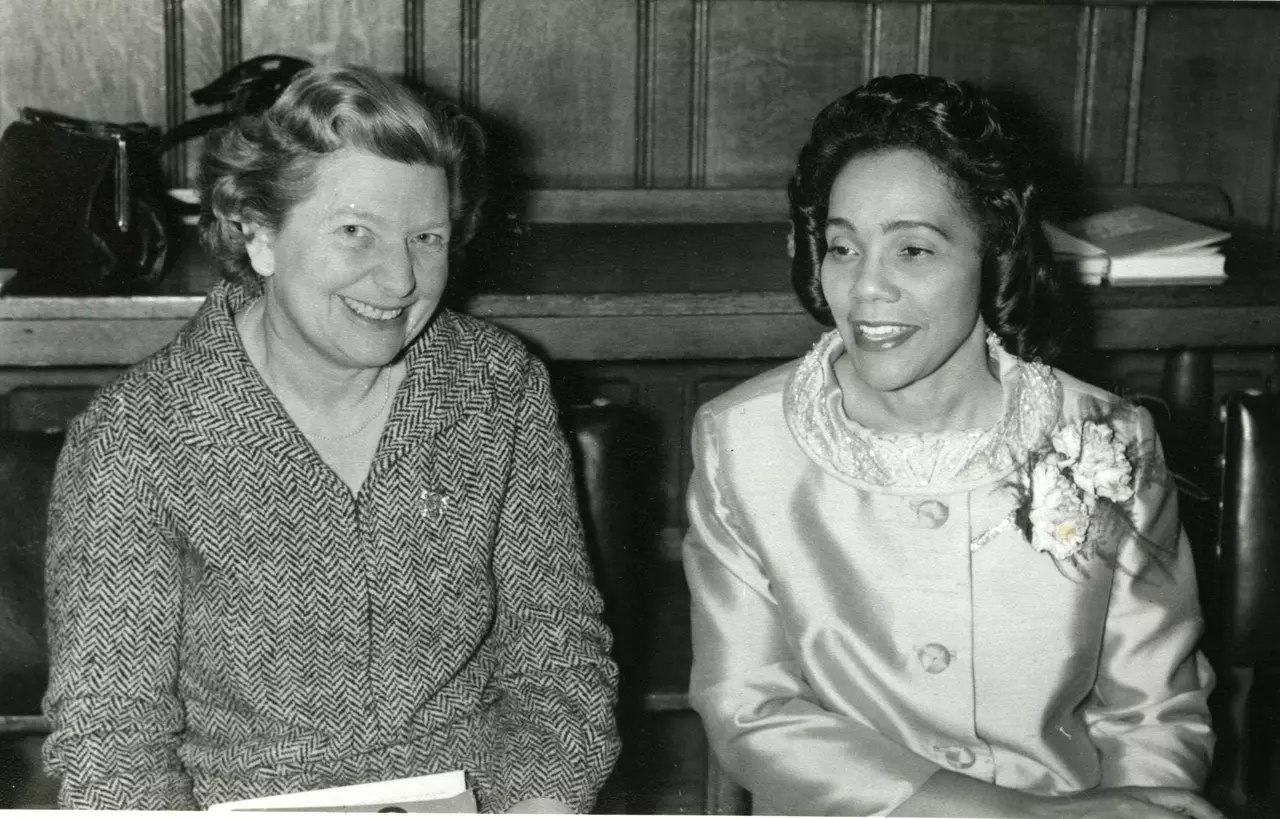
After Dr. King’s assassination in 1968, Mrs. King committed herself to the spread of her husband’s message of non-violence. She founded the Martin Luther King, Jr., Center for Nonviolent Social Change (The King Center) that same year. Dr. and Mrs. King’s youngest daughter Bernice serves as the organization’s CEO.
Photography: The King Center
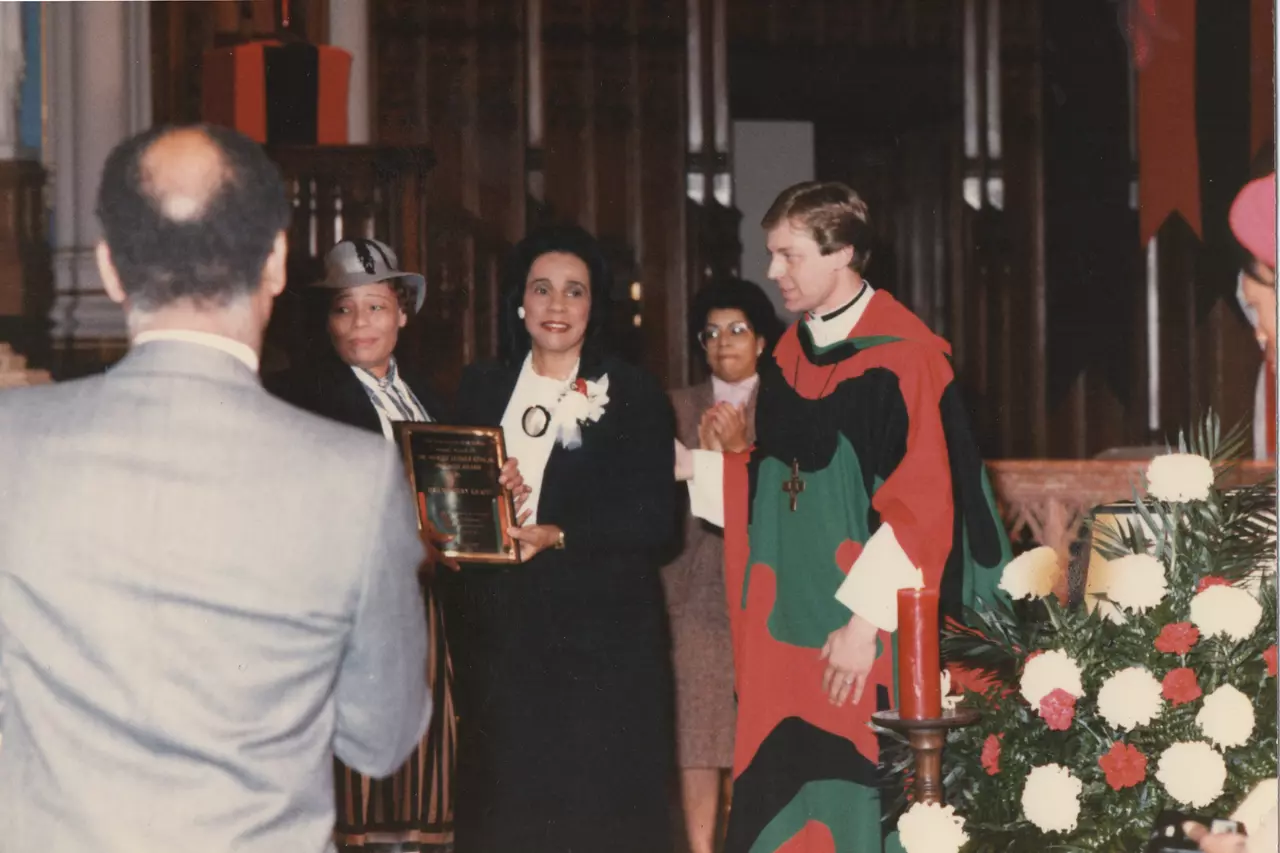
During the 1970s, Mrs. King formed the National Committee for Full Employment and the Full Employment Action Council — two coalitions dedicated to providing full employment rights and economic opportunity for all Americans through national policy.
Photography: Pfleger Archives
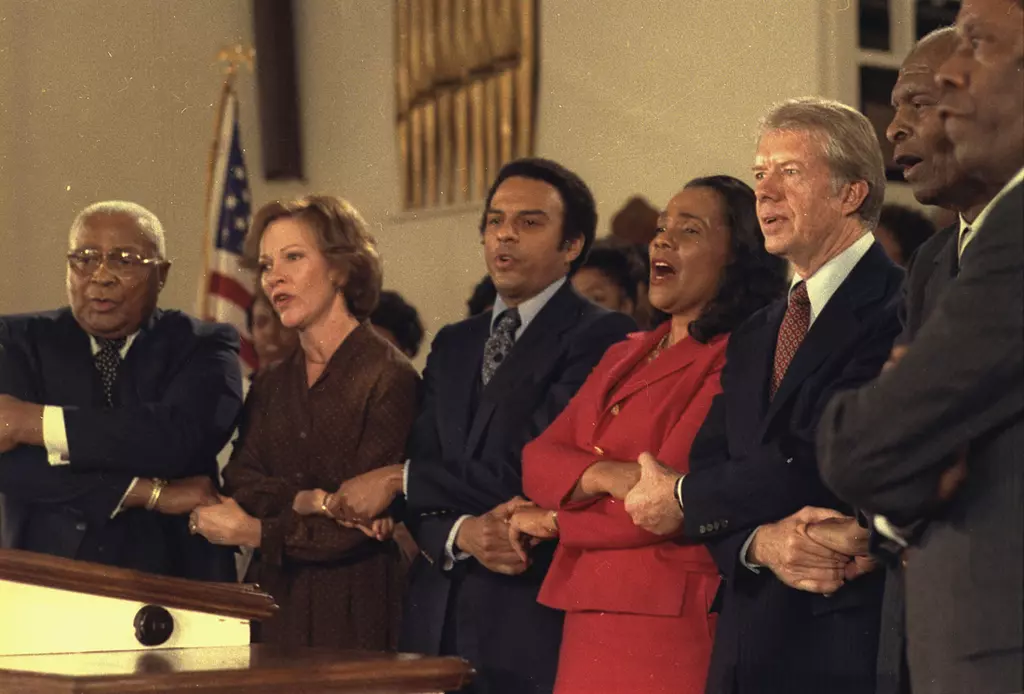
Coretta Scott King was one of the most influential black leaders of her time. She received honorary doctorate degrees from over 60 colleges and universities and wrote a nationally-syndicated newspaper column and three books. She also served on countless organizations dedicated to improving the quality of life for African-Americans.
Photography: National Archives

For more information on how Coretta Scott King's legacy is still affecting social change, make sure to visit the King Center's website at the link below.
theKingCenter.orgPhotography: National Archives

